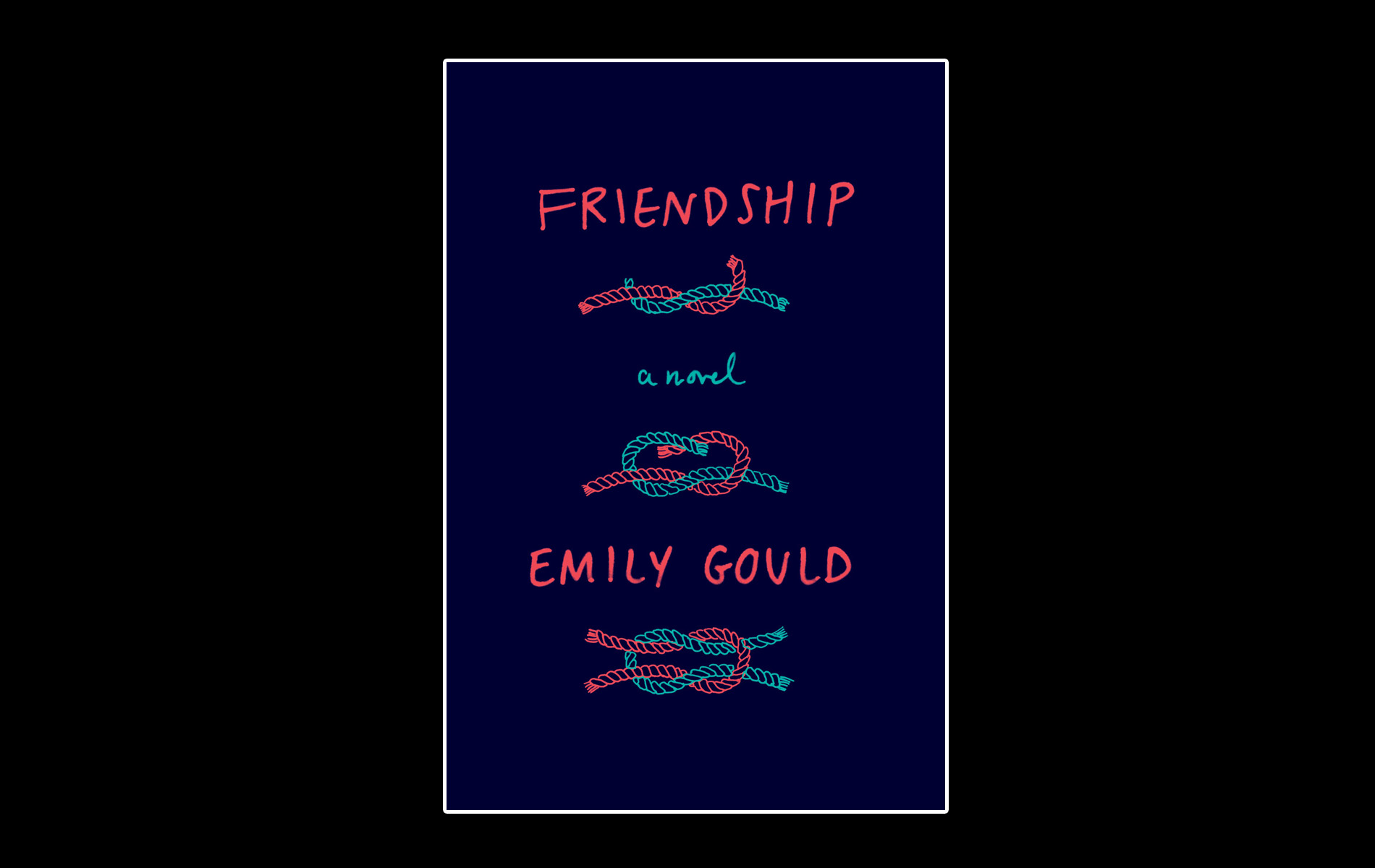Why I don’t care whether Emily Gould’s novel is classified as “confessional,” or anything else.
The receipt of Emily Gould’s second book and first novel, Friendship, has been, in a word, “controversial.
1.) It’s not another “unfiltered” look at “twenty-something” women
Bev and Amy are 30, and a lot of the pressure they experience stems from a keeping-up-with-the-Joneses syndrome. Their friends are getting married and having babies, and they’re struggling to find good jobs and pay their rent. Sally, an important but less developed character in the story, is well into her 40s, and she brings a separate, though equally troubling, set of life conundrums to the mix (“trying” to conceive while keeping some vestige of sexiness alive, easing into quasi-retirement, etc.). HBO’s Girls has gone far enough in documenting the perceived ineptitude and selfishness of Millenials, so this is a refreshing escape.
2.) It addresses the problem of Internet harassment that women in media have to deal with
Amy worked at a celebrity gossip blog quite akin to Gawker (where, interestingly enough, Gould also worked at and was fired from). After pissing off the wrong rich person in one of her blog posts, Amy is unceremoniously fired. Friendship opens during the aftermath of this firing, in which Amy is still trading on the currency of online content, but for a floundering startup she could care less about. Throughout the book, when questioning her career path, her inner thoughts offer a personal look at “Internet harassment.”One particularly enlightening take on the Internet harassment debate comes during a conversation between Amy and an old co-worker (also a woman):
“You should call them, Amy. I mean it, they would take you back in a heartbeat. I mean, they might make you grovel a little. After all, you did get fired. But you’re a big girl, anyway, you can handle it. Oh, and the commentators will love it! They always loved you!”
“Ha. Uh, if by ‘love,’ you mean ‘thought of inventive ways to murder daily,’ then sure, they adored me.”
“Well, that’s inevitable, right? I mean, you’re a woman, it’s the internet…and you’re getting combat pay, basically, to deal with it.”
…
“Yeah, but it’s different when it’s about you.”
3.) It stresses the importance of living within your means
Anyone struggling financially will identify with Bev and Amy’s hustling to make ends meet. However, the variance in their respective “ends,” and how vastly different those ends might be from many of ours, is what strikes a chord. The camaraderie in shared struggle is kind of shattered when you read about the girls’ unnecessary expenses dotting every few pages (dinners out, expensive and trendy clothing, all of those things that show up on your monthly statements and give you consumer’s regret once it’s too late). This isn’t a fault in the writing though, and the effortlessness with which the women make these purchases is an accomplishment of Gould’s. She writes women that we know and pity while blatantly begrudging them that fetch new coat.
4.) And how finding the right city for you is the first step toward accomplishing just that
Simply living in New York City is the catalyst for most of their financial burden. Neither Beth nor Amy have rent-stabilized apartments (but really, does anyone anymore?) and their monthly rent hinges on the whimsy of their unreliable landlords. The women’s sky-rocketing rent, on top of their caviar taste in a city where everything’s already more expensive, had me cringing. Except for a brief sabbatical to the Midwest (which takes place before the book’s setting), neither woman dreams of voluntarily leaving the city until circumstances force their hand
5.) It celebrates alternative family dynamics
After a cringe-worthy date and one-night stand, Bev ends up pregnant (not a spoiler, OK? Most of Bev’s evolution throughout the novel is dependent on this plot point). See points three and four for a quick refresher on why this is really bad news. However misguided her thought process might be, Bev thinks that keeping her baby will elevate her status as an adult; giving birth is a last ditch attempt to secure a stable life. Raising a child is hard for any single parent, but Bev gets help in unlikely places (spoiler alert: Sally plays a part).




